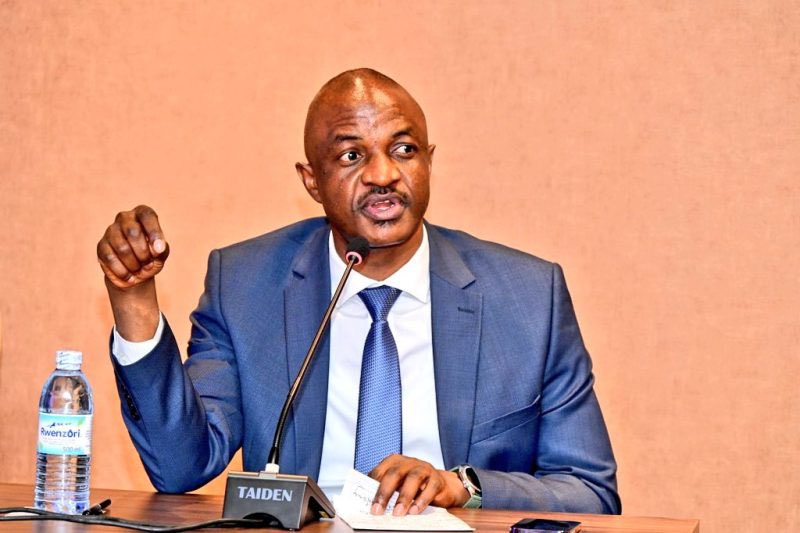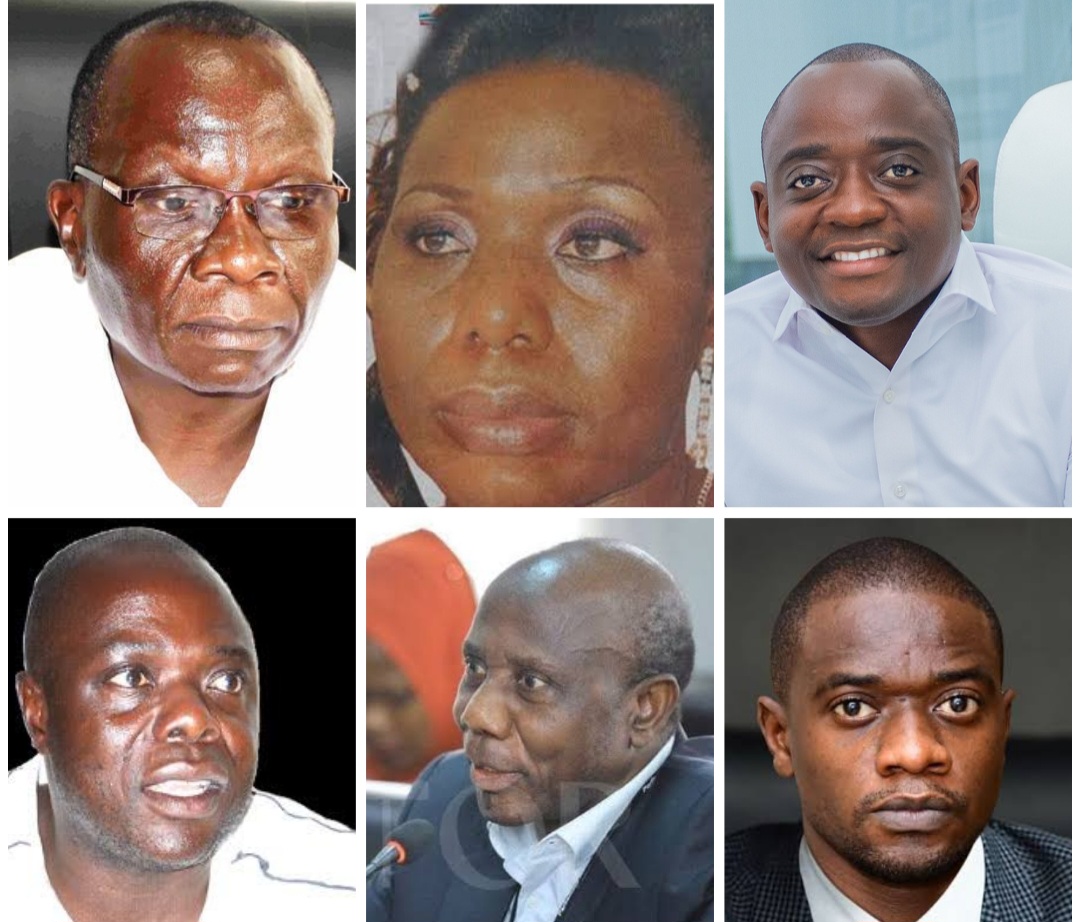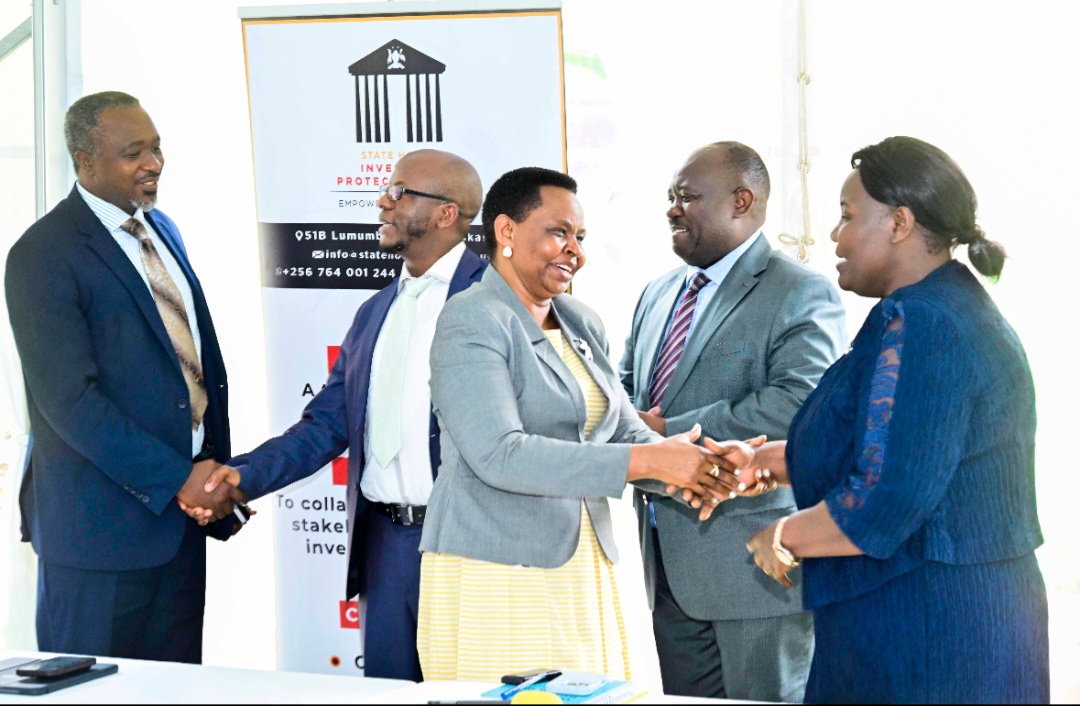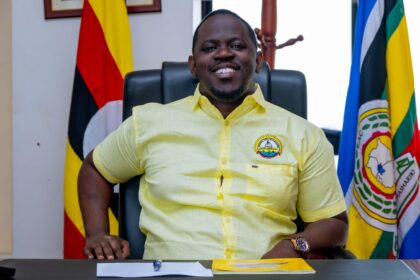Kampala, Uganda – In a move aimed at fostering inter-party cooperation, the Ministry of Finance, Planning and Economic Development (MoFPED) has disbursed UGX 11.25 billion to the Uganda Electoral Commission (EC) to support activities of the Inter-Party Organisation for Dialogue (IPOD).
This funding comes as the country gears up for the 2026 general elections, highlighting efforts to strengthen democratic processes amid ongoing debates over electoral fairness.
The allocation, announced on Wednesday by government sources, is intended to finance dialogue initiatives among IPOD member parties, which include the ruling National Resistance Movement (NRM), Forum for Democratic Change (FDC), Democratic Party (DP), Uganda People’s Congress (UPC), and Justice Forum (JEEMA).
IPOD, established in 2010 with support from the Netherlands Institute for Multiparty Democracy, serves as a platform for political parties to discuss national issues, resolve conflicts, and promote consensus-building. Proponents argue that such funding enhances political stability, especially in a nation where multiparty politics was reintroduced in 2005 after decades of one-party rule.
However, the disbursement has sparked controversy due to recent legislative changes. In May 2025, Parliament amended the Political Parties and Organisations Act, 2005, to restrict government funding exclusively to IPOD members, effectively barring non-participating parties like the National Unity Platform (NUP).
NUP, led by Robert Kyagulanyi (Bobi Wine), has been vocal about its exclusion, with party officials claiming it undermines opposition viability. In July, following the amendments, NUP announced plans to decentralize fundraising for the 2026 campaigns, urging supporters to contribute directly amid financial constraints.
Critics view this as a strategy to marginalize emerging opposition forces, potentially skewing the electoral playing field. President Yoweri Museveni, in a July address, called for equitable distribution of IPOD funds to promote inclusivity and democracy.
Yet, with NUP opting out of IPOD—citing concerns over government dominance—the party’s exclusion from the UGX 11.25 billion pot underscores deepening divisions. This funding equates to approximately USD 3 million, a significant boost for member parties’ administrative and outreach efforts.The timing aligns with the EC’s revised roadmap for the 2025/2026 elections, which includes voter registration deadlines and preparations for polls in January 2026.
A recent Afrobarometer survey revealed strong public support for multiparty democracy, with Ugandans affirming the need for competitive elections despite trust issues in institutions.
However, challenges persist: The EC has clashed with MPs over voter registration cutoffs, excluding those turning 18 after February 2025, potentially disenfranchising young voters.
Experts suggest this funding could either bridge partisan gaps or exacerbate inequalities. “While dialogue is crucial, excluding major players risks eroding public confidence,” noted a political analyst from Makerere University. As Uganda approaches a pivotal electoral cycle, the IPOD allocation tests the government’s commitment to inclusive governance.
MoFPED and EC officials have yet to provide detailed breakdowns of how the funds will be utilized, but stakeholders anticipate enhanced workshops and policy forums. With elections looming, all eyes are on whether this investment translates to fairer political engagement or fuels further opposition discontent.









